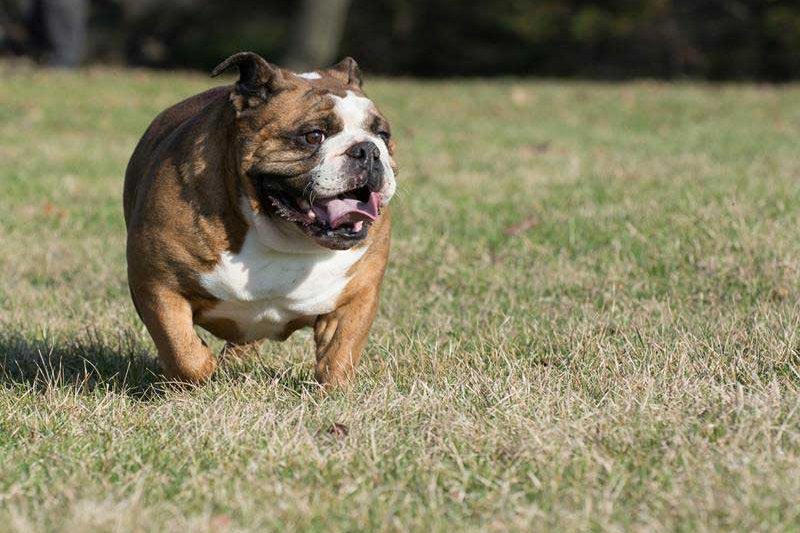These questions are raised quite often in our profession when multiple-pet households are facing a loss. Questions of how to prepare Shadow for Tippy’s last visit to the veterinarian, or how will he know Tippy is not coming back, but not out there somewhere hurting?
First of all, we help our clients understand that there really is no way to predict how their pet will react to the other pet being gone. In our experience there is a wide range of reactions, and it helps to know the possibilities.
Some dogs act relieved. Whether they are relieved that the other dog is no longer suffering, or relieved to have all the food and attention is anyone’s guess, but some of my clients report an upswing in activity and lovingness from the remaining pet. Many interpret this as the animal giving them support for the family’s loss, others interpret it as the dog now enjoying competition free attention. Whatever the case, this is the easiest scenario for owners to deal with.
Some dogs act confused. They will search for their friend everywhere, constantly looking, or barking or repeating rituals that the two shared together, like carrying around a tug toy that usually had one dog on each end of it, pulling away. These are the pets that usually benefit from seeing their friend after they have passed. If allowed to sniff and nudge and try to snuggle them, it is hoped that they instinctively realize that their friend is no longer alive, though sometimes they are no more clear on the concept after their visit than before. Those that do understand no longer search, but may have a mourning period. Those that do not understand may continue to search, sometimes to exhaustion. These pets will need a lot of attention, extra playtime and sometimes help from a behaviorist, and rarely intervention with a foster pet or a new adopted friend.
Occasionally a pet will deduce that their friend is missing, and reason back to the last place and time they saw their friend, and fear the same fate is for them unless they avoid the place and person associated with the disappearance. They may remember seeing their friend last leaving in the car with their owner, and fear getting close to the car, or even their beloved family member. These pets need a lot of reassurance and repeated pleasant outcomes from the feared stimulus, like treats and toys offered kindly, or trips to the car and back without going anywhere and lots of soft pets and kind words.
However our pets manage the loss, we must support them as they have supported us. Provide them with your undying devotion, and everyone will make it through, together.

